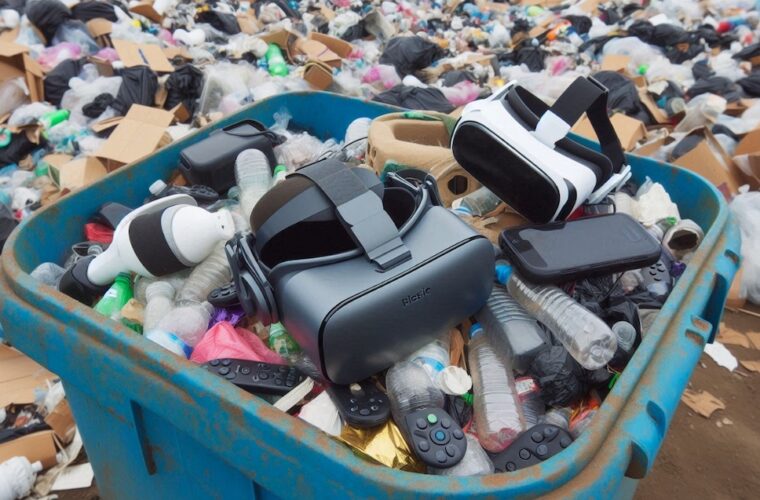Italian disaster between illegal streaming blockade and Google Cloud error
Google cloud: Avalanches of controversy, exchanges of accusations and a tense situation because it is still unresolved. This happened in Italy after Piracy Shield, the national platform responsible for blocking websites that illegally transmit copyrighted content, blocked Google Drive. It happened by mistake, which was remedied after about five hours, but the episode is serious because it sets a dangerous precedent. Although it is not the first time a website has been wrongly blocked, the crucial point concerns how Piracy Shield was conceived and implemented, a victim of its own limitations, not only with regard to blocking websites that act against the law.
Blocking illegal sites, how it works
In order to counter the business of hackers, who create image damage and lost earnings for Dazn and Sky Sport Italia, the two companies that hold the copyrights to Serie A, the Italian government in recent months has given more power to the authorities to curb the phenomenon. Hence, the idea of creating a platform to block illegal streaming websites was granted free of charge to the Communications Authority (Agcom). On the technical side, the procedure is that employees of companies that hold the copyright on any event can report a site that broadcasts the same event without permission. The next step is to upload the offending source’s IP address or fully qualified domain name to Piracy Shield, together with video evidence proving the reported infringement.
At this point, internet service providers (ISPs) intervene, and they have 30 minutes to make the website unreachable and cure the illicit transmission of the content. Site owners who feel they have been unfairly affected can appeal within five days. Three years in prison is the maximum penalty for the person in charge of the company that broadcasts the events without having the right to do so, while the persons who use the prohibited viewing can be fined a maximum of €5,000.


The awkward position of Google
Reporting a handful or even dozens of websites is certainly not a problem, but it could be if the number were much higher: 9-10 billion. A figure that corresponds to the quantity of websites that infringe copyright that Google Italia is aware of, which obviously has a unique point of view on what happens online. Big G thus finds itself in the complex situation of having to report, by law, a huge number of illegal websites so as not to risk theoretically seeing its perpetrators imprisoned. This is why Google has chosen a wait-and-see strategy, without de-indexing links within 30 minutes of reporting, as required by law. Having made Google Drive unreachable opened a different front because millions of people could not access Big G’s cloud service for the time being without the Mountain View company itself being guilty.
The limits of the Italian blocking system
There are several points to ponder, starting with the desire to block websites by IP address. This choice has been criticised because usually, the domain is blocked, as happens in Italy with websites that publish content linked to pornography and terrorism. Blocking the IP address is more insidious because there is a risk of obscuring websites that do not violate the law but are linked to the one incriminated. This is probably what happened in the case of Google Drive.
Other contradictory aspects concerning Piracy Shield and the rules in force are the impossibility for ISPs to know who reported the violation and the need to block the source that does not respect copyright quickly and without any form of prior check.
After the mistake with Google Cloud, the US company was expected to take a stand but has remained silent. On the other hand, the Lega di Serie A accuses Big G of not complying with its legal obligations because it keeps in its indexation websites (and apps from the Play Store that allow access to the sites) that have violated the rules. Now, we will have to see what Google will do. It was forced to act by the law but reluctant to do so because of an abnormal amount of work. Given the enormous interests, monetary and otherwise, surrounding football in Italy, the American giant has little time to choose what it wants to do. That is why the company wants to find an agreement with the other party that meets their respective needs.



